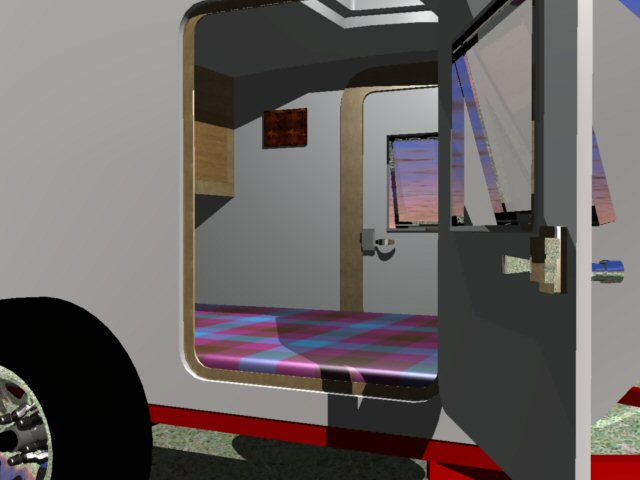What can I do about this
I cut and fitted my inside wall skins today. Unfortunatly, the veneer on that 1/8" birch play is very, very thin. It tore out on me in in two places.

One of these in way back near against the bulkhead wall. But, the one pictured above is right next to the door opening. That damn plywood cost me $32/sheet plus a drive into Boston. I really don't want to throw it this piece out if I can avoid it.
Does any one have any ideas for repairing it. Or at the very least, covering it up so doesn't look so bad.
Thanks.

One of these in way back near against the bulkhead wall. But, the one pictured above is right next to the door opening. That damn plywood cost me $32/sheet plus a drive into Boston. I really don't want to throw it this piece out if I can avoid it.
Does any one have any ideas for repairing it. Or at the very least, covering it up so doesn't look so bad.
Thanks.










